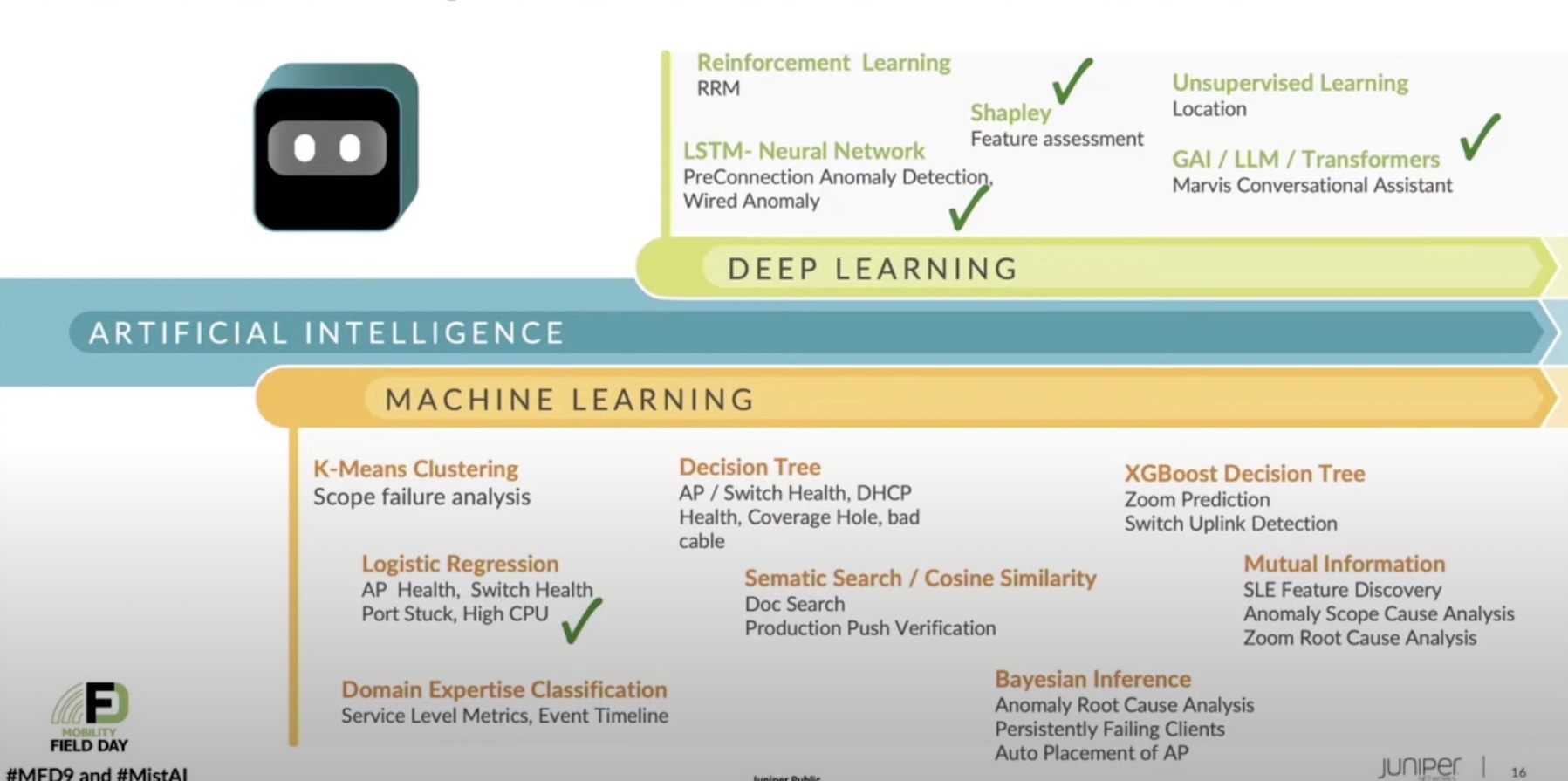VMware gets some interesting DR assets with Datrium, Alphabet’s Loom starts internet balloon service in Kenya, most passwords are bad, and Dfinity opens up its decentralized serverless service to developers.
This week on the Rundown:
AWS RDS on Outposts
SUSE Acquires Rancher Labs
Zoom Hardware-as-a-Service
JioMeet Launches
India’s Reliance Jio Platforms launched a new video conferencing servicce called JioMeet. This service offers unlimited free video calls at 720p quality, with up to 100 meeting participants and no call time limit. The company says JioMeet offers “enterprise-grade” host controls, including password protection on calls, waiting rooms to admit participants, up to 5 device login support, and screen sharing. JioMeet says calls are encrypted, but did not specify if this was end-to-end. There are currently no paid tiers for the service. JioMeet is available in Firefox and Chrome browsers, and with standalone apps on macOS, Windows, iOS, and Android, and an Outlook plugin.
JavaScript Throttling in Chrome
A new feature in the Canary build of Chrome 86 called “intensive-wake-up-throttling” will automatically limit Javascript timers in the browser, limiting them to one per minute in a page that has been hidden for five minutes. Websites often use these timers for their analytics, but can cause additional battery usage. Using a 2018 15-inch Macbook Pro, Chromium researchers found that in a test with numerous background tabs, this throttling extended battery life by 28%, almost two hours, to 8.2 hours. In that same test, Safari provided 9.3 hours of battery life.
F5 Load Balancer Exploit
Late last week, researchers at Positive Technologies disclosed a vulnerability to F5 affecting their BIG-IP load balancers. This directory traversal bug in the web-based management interface, which was combined with another bug that let anyone accesing the interface run shell commands, basically on unpatched systems you can log in from anywhere and run anything you want on something that touches a ton of enterprise traffic. Positive Technologies estimates 8000 BIG-IP devices are vulnerable, and F5 released a patch on June 30th.
Breach Password Study
An analysis of password dumps by Turkish computer engineering student Ata Hakç?l found that the password “123456” accounted for 1 out of every 142 passwords used, and was the most common single password for each of the last 5 years. Overall the 10 most common passwords accounted for 6.6% of all passwords in the dataset. Hakç?l used a dataset with over 1 billion login credentials previously published, and included over 168 million unique passwords. The analysis also found average password length was 9.48 characters, and that only 12% of passwords used a special character.
Alphabet Loom Starts Service
Alphabet’s Loon started delivering internet service using high-altitude balloons to Kenya on Tuesday in the first-ever commercial deployment of the technology. The balloons hover about 12 miles above Earth and will initially provide a 4G LTE network connection to a nearly 31,000-square-mile area over central and western Kenya, and the capital, Nairobi. Loon launched 35 balloons in recent months to test Tuesday’s official launch, which is in collaboration with Telkom Kenya, Keny’s third-largest mobile carrier.
Dfinity Internet Computer
Decentralized computing company Dfinity announced its Internet Computer is now open for third-party developers to build serverless apps that do not need a host to run from the cloud. An example app called CanCan shares videos like TikTok. CanCan was built with less than 1,000 lines of code using the Motoko programming language, a new language designed by Andreas Rossberg, co-creator of WebAssembly. Dfinity’s Internet Computer is non-proprietary using blockchain-like functions to run cloud apps without the need for web servers, databases or firewalls. Developers can apply to access Internet Computer at dfinity.org. Essentially the Internet computer is a series of nodes in indepedent data centers, connected over Dfinity’s ICP protocol. Each node is assigned a Data Center ID, with the Intenet computer runnings its own governance system, with node operators receiving tokenized rewards for operations.
VMware Buys Datrium
VMware closed on a deal to buy the HCI company Datrium in an undisclosed deal. VMware is positioning this as a way to quickly modernize their disaster recovery portfolio, with Datrium already supporting DR on VMware Cloud on AWS, providing incremental backups that are encrypted, deduped, and stored efficiently in AWS S3. Given its HCI background, its unsurprising their DR pitch was around reducing complexity and reducing costs, while VMware’s existing DR is more focused on performance. It also gives VMware some interesting software-defined storage IP, as their DVX HCI solution supported disaggregating compute and storage nodes to a certain extent.
The Gestalt IT Rundown is a live weekly look at the IT news of the week. It broadcasts live on YouTube every Wednesday at 12:30pm ET. Be sure to subscribe to Gestalt IT on YouTube for the show each week.




